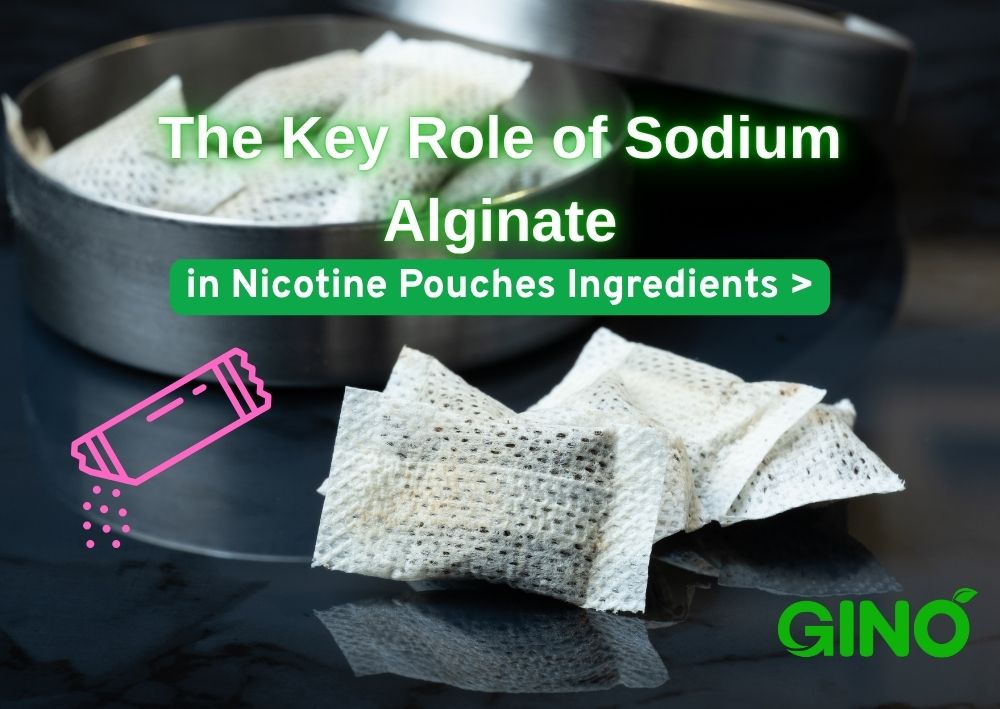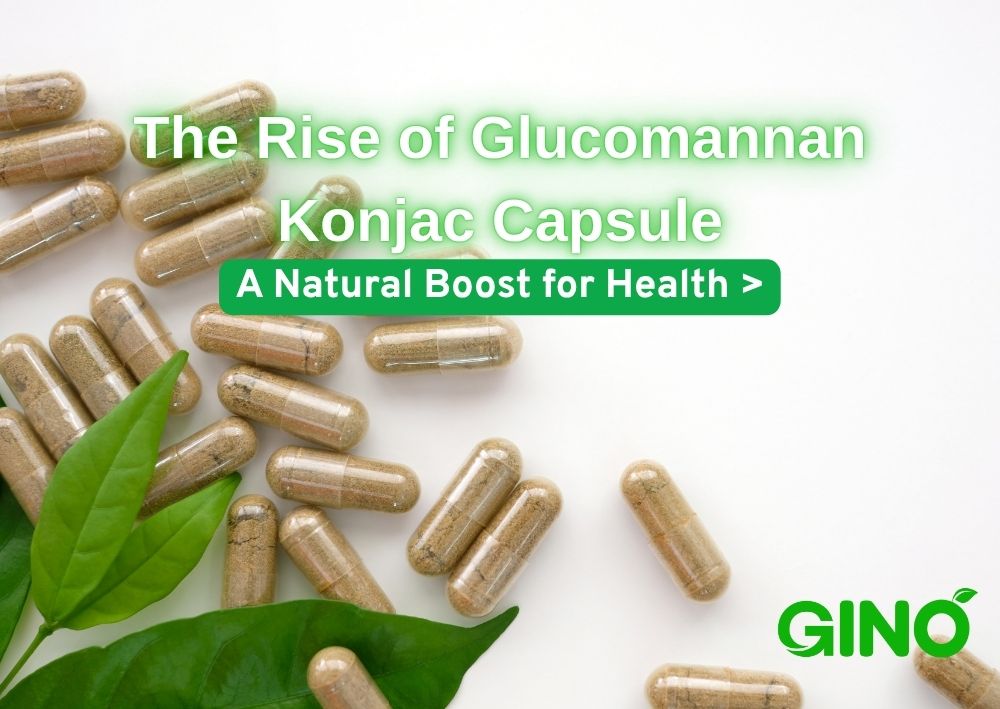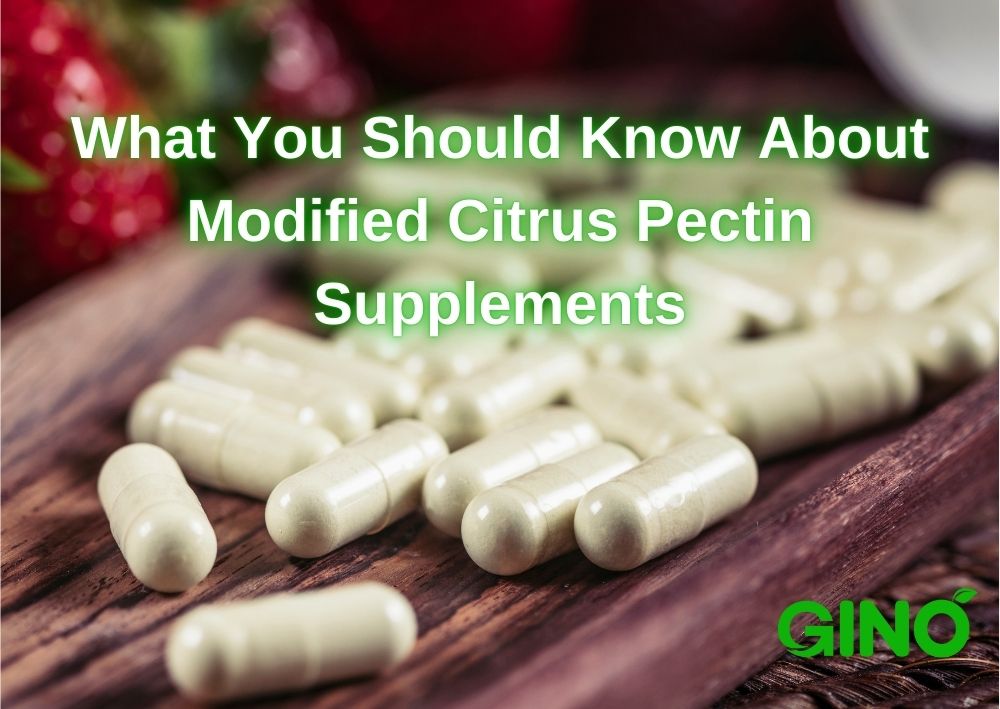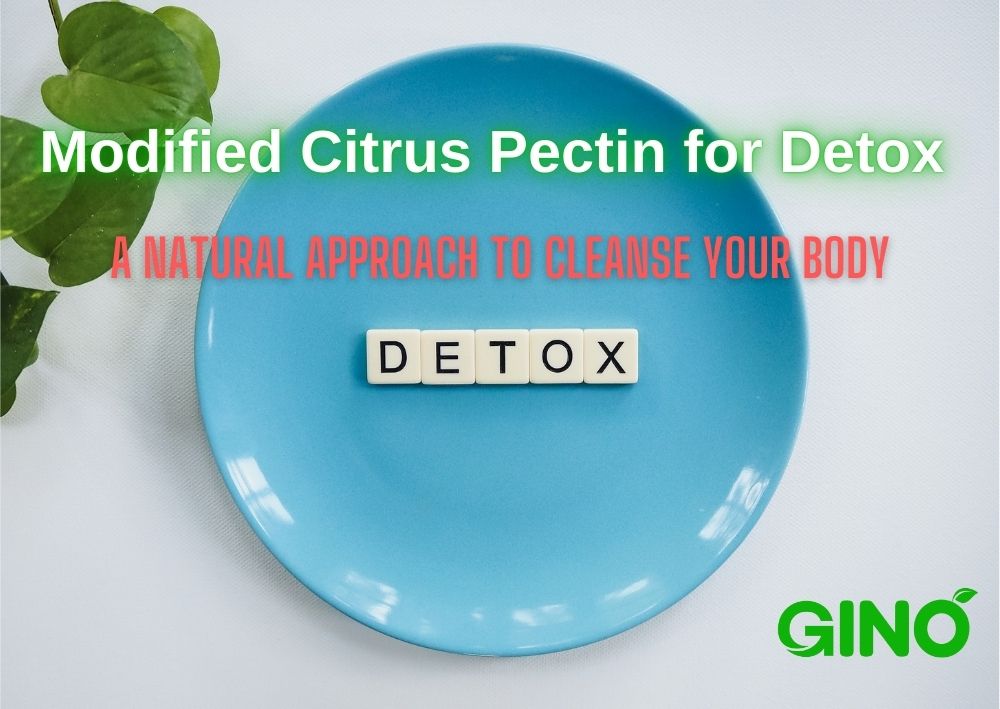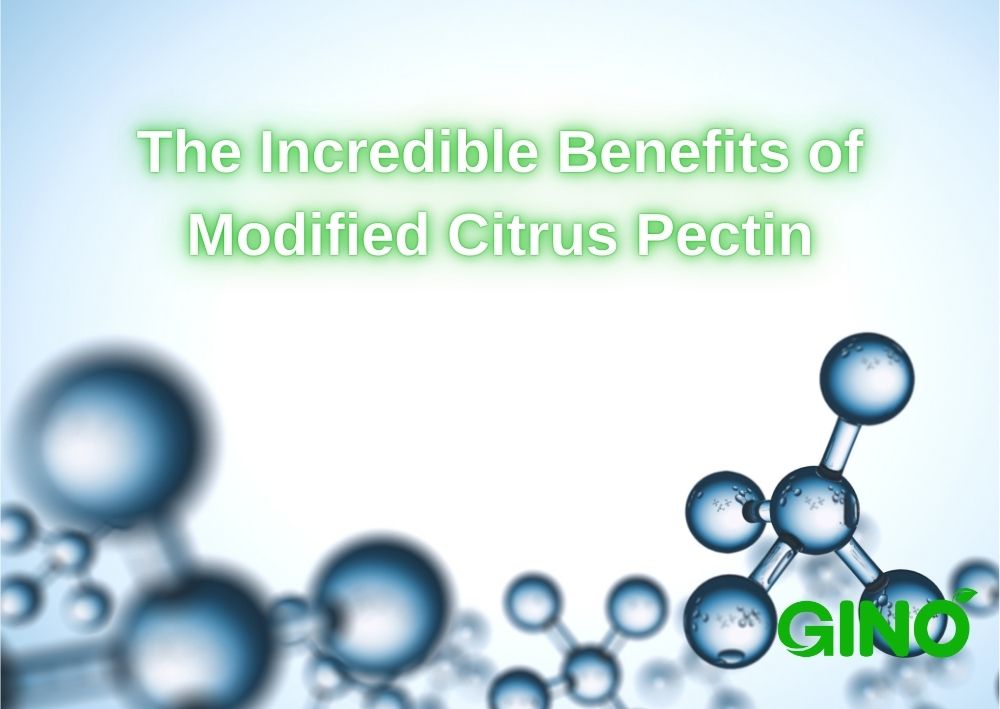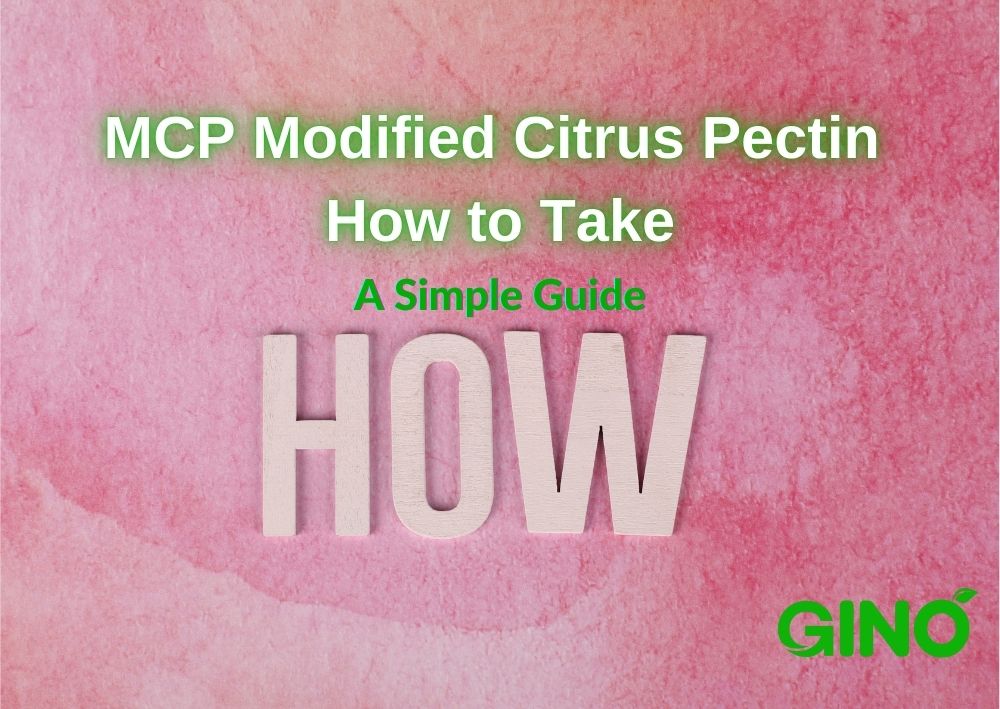
Sodium Alginate for Acid Reflux: A Natural Solution for GERD Management
Sodium Alginate for Acid Reflux
Introduction
Gastroesophageal reflux disease (GERD) is a prevalent digestive condition marked by symptoms like heartburn, difficulty swallowing, and esophageal discomfort. Studies reveal GERD affects up to 13% of people globally, with a rising trend in Asia. Non-erosive reflux disease (NERD), a subset of GERD, accounts for most cases. Despite the widespread use of proton pump inhibitors (PPIs) for treatment, nearly 40% of patients report little to no relief.
For these individuals, sodium alginate for acid reflux offers a promising alternative. Extracted from brown seaweed, sodium alginate is a natural polymer known for its ability to form a protective gel barrier in the stomach. This article delves into its benefits, safety, and why it is becoming a go-to option for GERD relief.
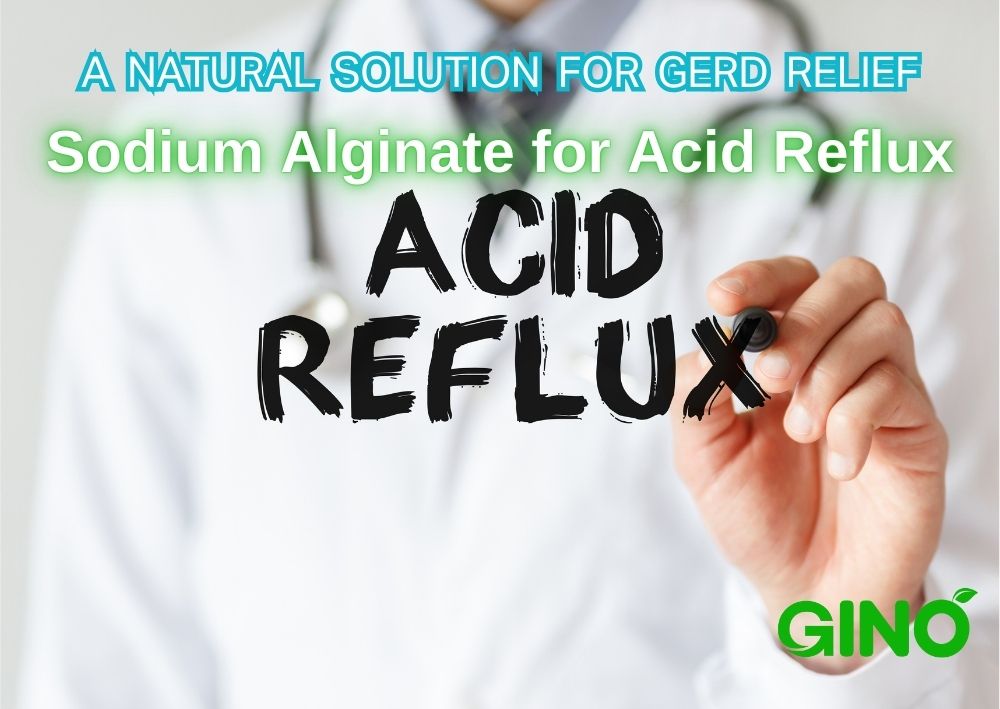
Common Medications and Limitations
The most commonly prescribed medication is omeprazole, a proton pump inhibitor (PPI) that alleviates GERD symptoms by reducing gastric acid production. However, excessive gastric acid production is not the primary cause of GERD, so acid-suppressing drugs may not provide immediate symptom relief.
Approximately 40% of patients report no significant improvement in symptoms despite using PPIs as prescribed.
According to guidelines by the World Gastroenterology Organisation (WGO), PPIs are the first-line treatment for reflux esophagitis caused by excessive stomach acid. When PPI therapy is ineffective or causes side effects, sodium alginate can be combined with PPIs to enhance treatment efficacy while reducing the dosage of PPIs.
Benefits of Sodium Alginate for GERD
Sodium alginate is a natural polysaccharide extracted from seaweed, offering several advantages:
Gel Protection
When sodium alginate contacts gastric acid, it forms a protective gel at the top of the stomach. This gel acts as a physical barrier, effectively reducing acid reflux. If reflux occurs, the alginate gel not only mitigates episodes but also adheres to the esophageal mucosa, protecting it from acid-induced irritation and damage.
Acid Neutralization
Sodium alginate gel, located above the stomach acid, helps neutralize excess acid and maintains gastric pH balance. It alleviates acid reflux symptoms and provides preventive and therapeutic effects for bile reflux as well.
Fast and Long-lasting Effects
Some medications act quickly but have short durations, leading to frequent use and gastrointestinal disturbances. Others provide slow relief, making them less practical.
Sodium alginate, derived from natural brown algae, boasts excellent biocompatibility and is non-toxic to cells. It acts within three minutes, lasts for 4–6 hours, and is metabolized within 48 hours without being absorbed by the liver or kidneys, ensuring no systemic retention.
Safety
A safety study on sodium alginate for functional reflux in infants revealed no adverse reactions, highlighting its gentle and effective pharmacological action.
Unlike PPIs, sodium alginate avoids risks such as constipation, anemia, and gastrointestinal polyps, making it widely used in GERD treatment and recognized in both the British and U.S. pharmacopeias.
Low Side Effects
Sodium alginate demonstrates faster relief and fewer side effects compared to PPIs, making it the preferred choice for mild reflux and long-term use. Severe cases may benefit from a combination of PPIs and sodium alginate for effective treatment.
Important Notes on Sodium Alginate
Sodium alginate itself is not an acid-suppressing drug. Its primary mechanism is forming a protective gel to block acid reflux.
Products like Alginos (a sodium alginate medication) often include sodium bicarbonate and calcium carbonate.
Sodium bicarbonate generates carbon dioxide, helping the alginate gel quickly rise to the top of the stomach, while calcium carbonate neutralizes stomach acid.
These features make alginate-based medications fast-acting (about three minutes) and safe for use during pregnancy.
Fundamental GERD Treatment & Lifestyle Modifications
To effectively manage GERD, medication is only one aspect. Lifestyle and dietary improvements are equally important:
- Avoid trigger foods like high-fat meals, sugary snacks, alcohol, and caffeine.
- Practice portion control to prevent overeating.
- Avoid lying down immediately after eating.
- Manage stress through relaxation and mindfulness techniques.
While sodium alginate for acid reflux provides immediate and effective relief, long-term GERD management benefits from these lifestyle changes.
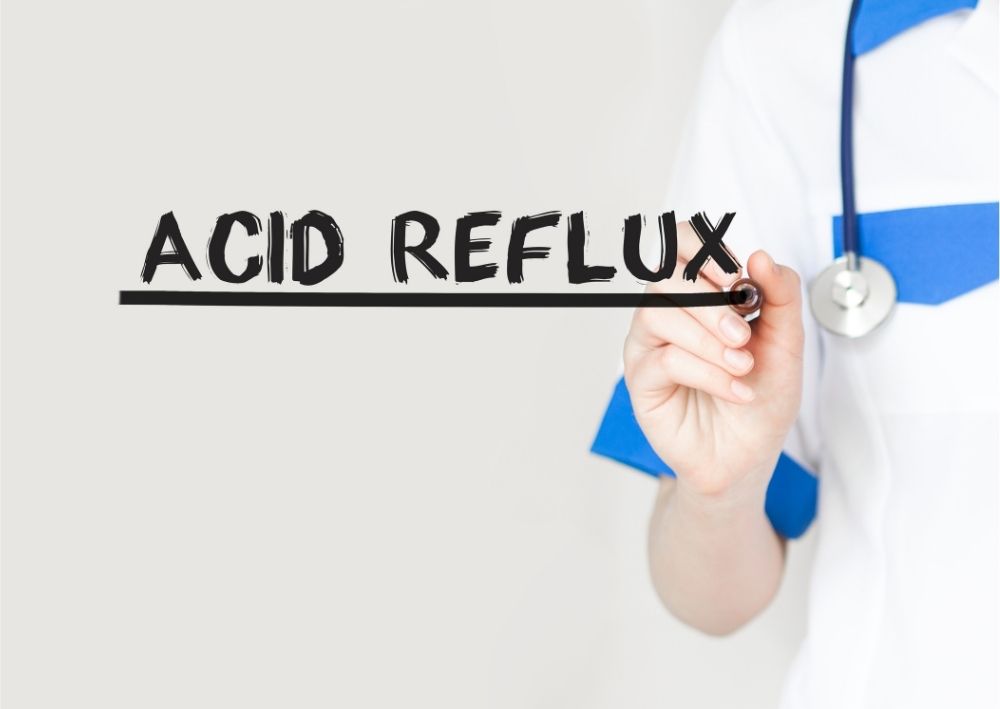
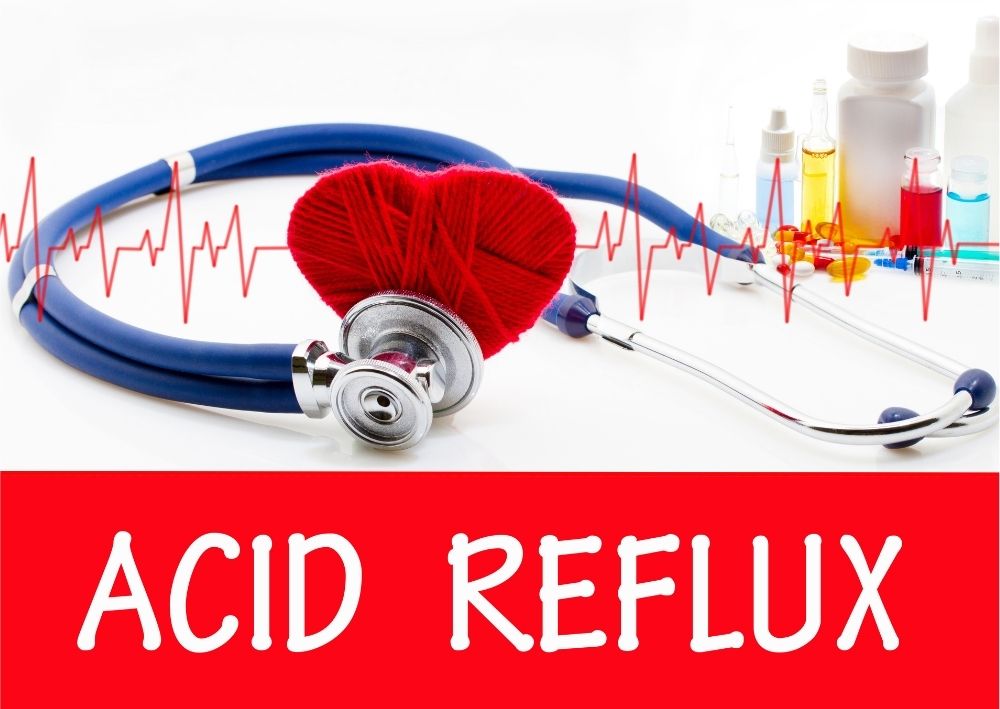
Conclusion
GERD and acid reflux are not merely uncomfortable but can lead to serious complications if untreated. For patients seeking a fast, safe, and natural alternative, sodium alginate for acid reflux offers unmatched benefits. Its ability to form a protective barrier, neutralize acid, and provide sustained relief makes it an ideal choice for managing GERD, including NERD and bile reflux.
Partner with us to explore the potential of sodium alginate in your GERD-related applications. We deliver premium-quality products to meet diverse industry needs. Let’s collaborate to bring effective solutions to those in need!
As a reliable supplier, we offer a range of sodium alginate grades, including pharmaceutical-grade options tailored for GERD treatment formulations. Whether you’re developing over-the-counter remedies or advanced pharmaceutical solutions, our high-quality products ensure consistent performance. Contact us to learn more about our sodium alginate offerings!
Contact usAny Questions? Need Help?
Recent Posts
About us
With the mission of providing plant-based gums & stabilizers for a healthier life, Gino Gums & Stabilizers was founded in 2018.
We focus our main attention on various kinds of Plant-Based Hydrocolloids and Stabilizing solutions systems.

